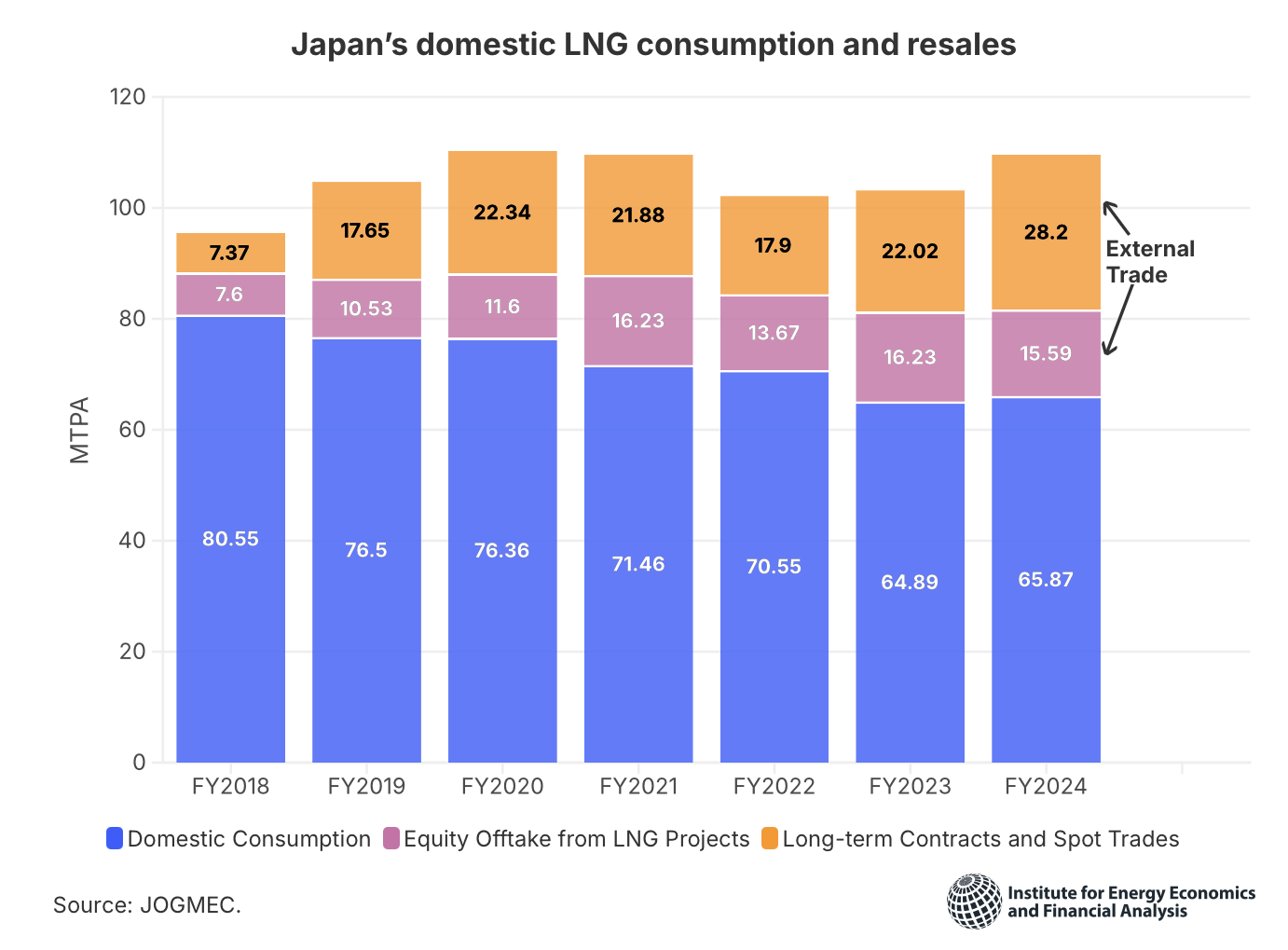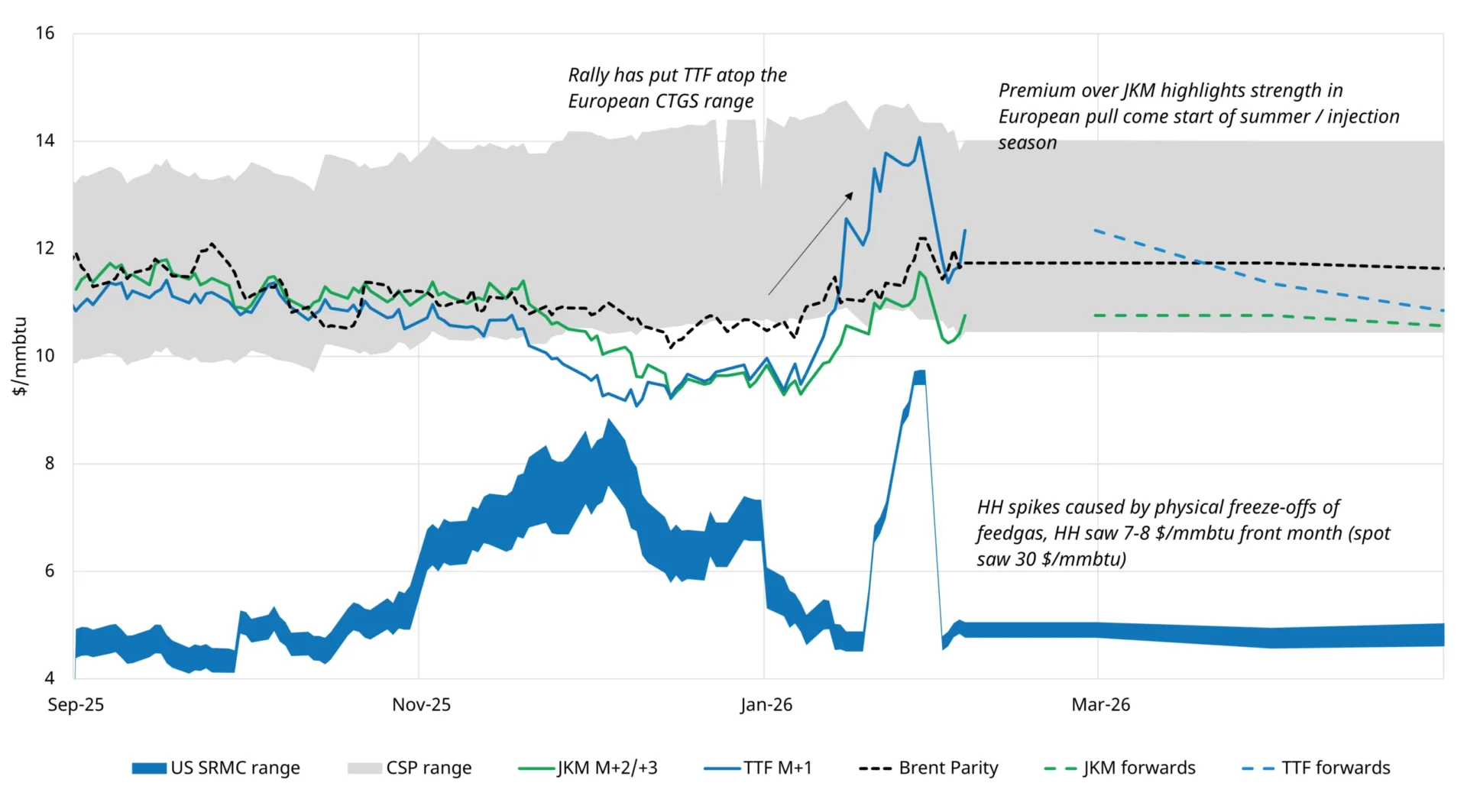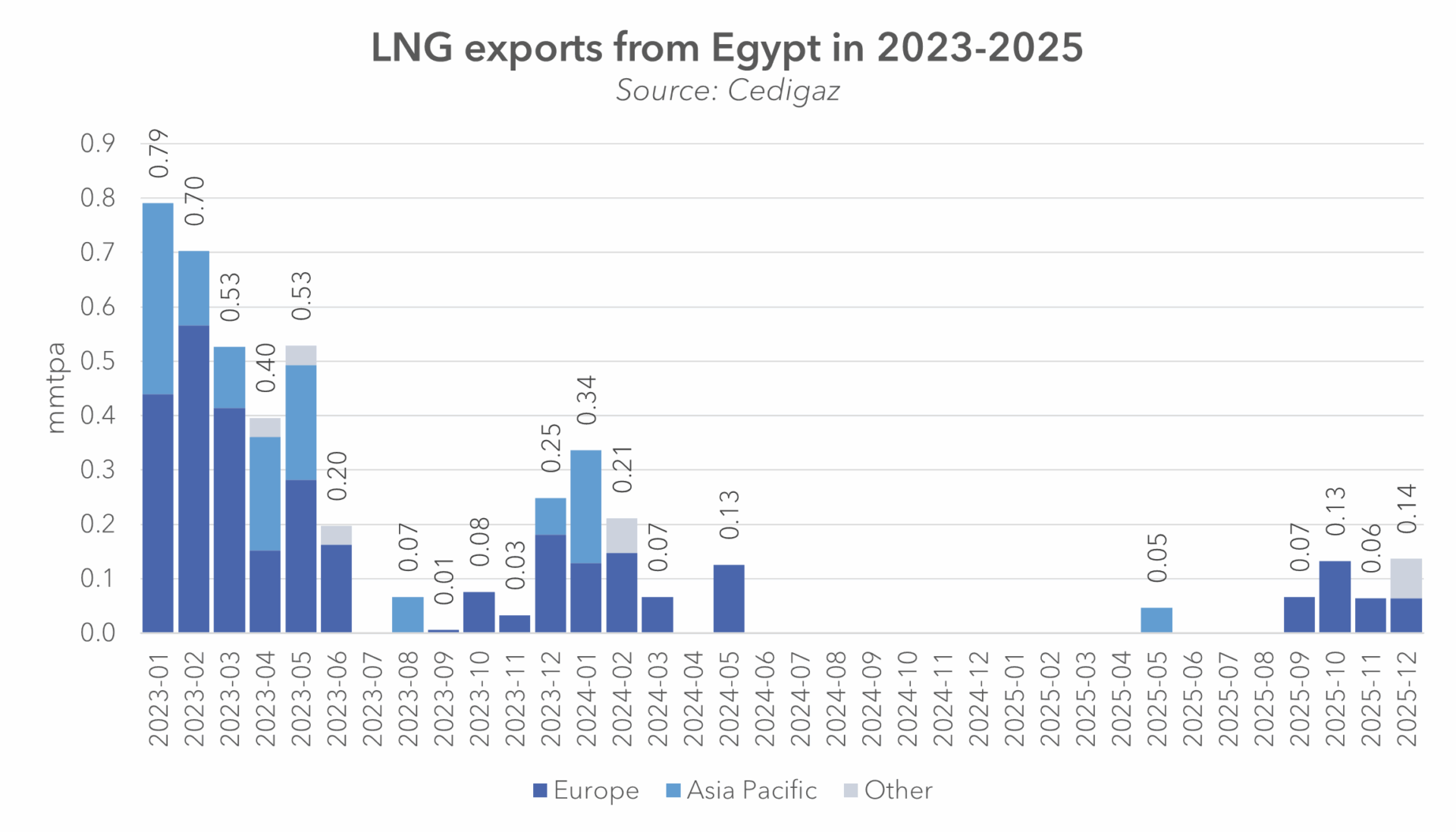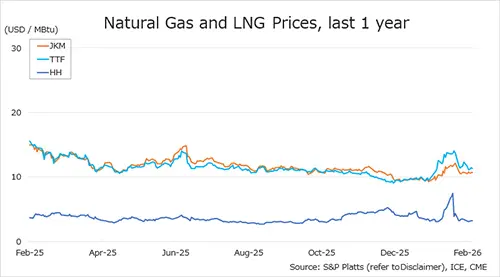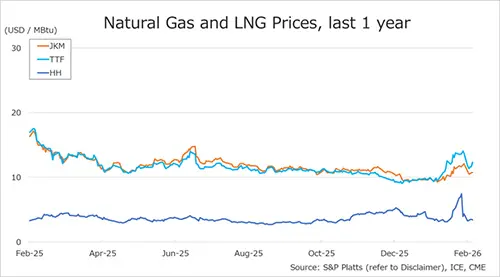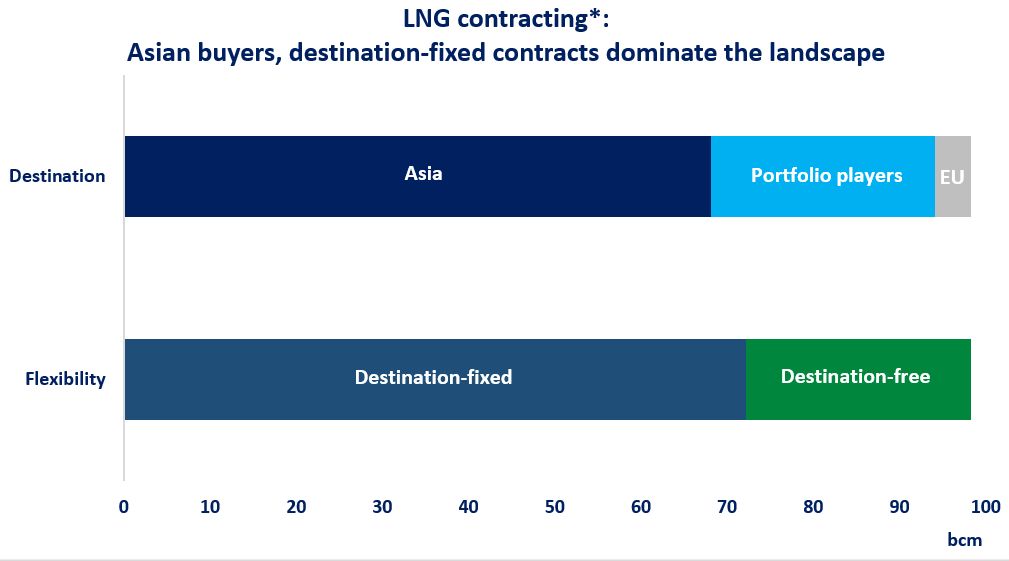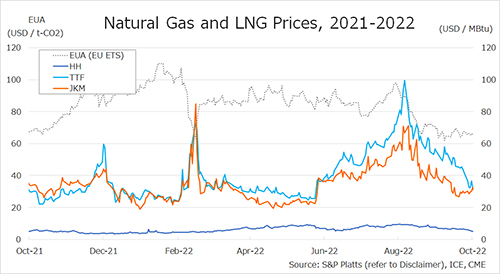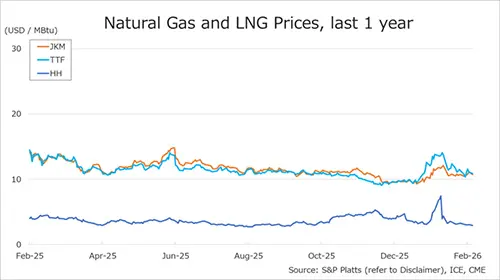
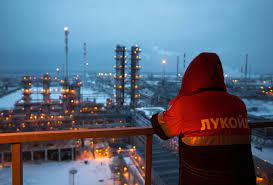
The European Commission will review the EU’s ban on Russian LNG transhipments on the bloc’s territory by June 2025 at the latest, and constantly monitor LNG flows, markets and prices until then.
It will also monitor the EU’s competitiveness and the share of Russian LNG in the bloc’s total energy imports, according to its 14th sanctions package against Russia published in its Official Journal late on Monday.
The ban adopted by the EU Council of ministers yesterday was unlikely to impact EU supply but would increase Russia’s costs to ship LNG to markets in Asia by blocking the route via Europe, analysts told Montel.
The EC said that the ban only affects Russia’s logistical costs to export LNG and does not forbid or target in any way “imports into the EU or anywhere else.”
The ban does not apply until 26 March – nine months’ time – for contracts concluded before today. This was to give companies time to adapt, the EU executive said.
National authorities could also give permission for transhipments of Russian LNG needed to supply another EU country which had confirmed it would be used to meet domestic demand.
The ban does not apply to reloading services needed to refuel vessels running on LNG.
Compliance
To ensure compliance with the ban, national authorities may set up rules or guidance for due diligence requirements.
These should include identifying reloading services used for transhipment and the time between unloading and reloading.
They should also cover any direct commercial links between unloading and reloading, including buying such services as a bundle, and the countries where the parties involved were registered, according to the sanctions text.
Member states would have to inform the EC by 26 December of such requirements or say they did not intend to establish them.
From 26 July all parties unloading Russian LNG in the EU will have to report monthly to their national authority on their operations and the volumes involved. The national government will then report this to the EC.
Swedish, Finnish terminals
The sanctions include a ban on importing Russian LNG to terminals that are not connected to the wider EU gas grid.
This affects two terminals in Sweden and one in Finland where the terminals supply local industry only, said an EU official.
This ban was included as new EU rules allowing national governments to temporarily block Russian access to their import LNG terminals only applied to terminals connected to the wider EU gas grid.
This ban does not apply until 26 July for contracts concluded before today.
“We have closed a loophole,” said an EU official.
These three terminals imported less than 1 million cubic metres/year and total Russian LNG imports to Finland and Sweden were marginal, so this ban would not have a major impact on prices or supply security, he said.
The ban did not stop Finland or Sweden importing Russian LNG for domestic consumption through their other terminals, he said.
Finland has already said it will ban Russian LNG from next winter.
Source: Siobhan Hall, Montel

